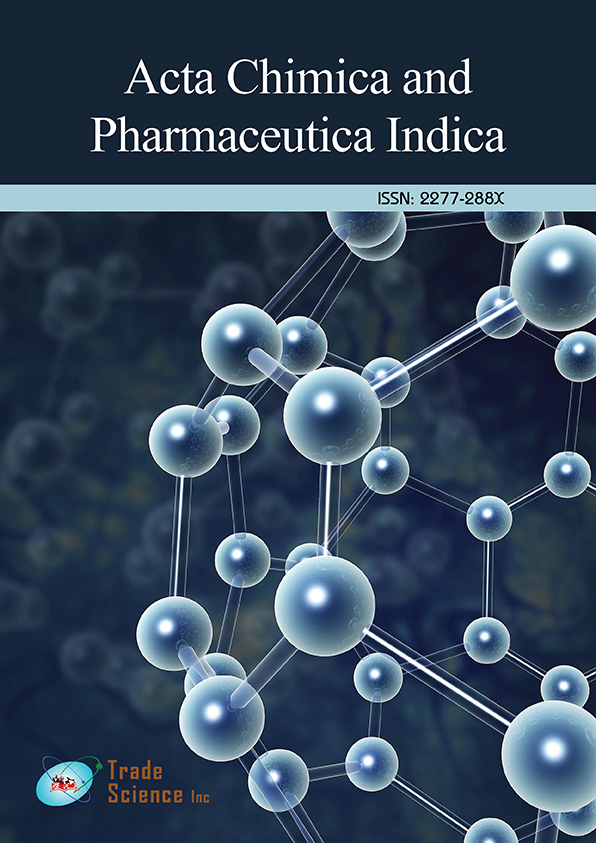Abstract
Selection, expansion, and unique pretreatment of allogeneic human natural killer cells with anti-CD38 monoclonal antibody for efficient multiple myeloma treatment
Author(s): Juli R. BagóThe outcome of patients with multiple myeloma has improved in the past decade as a result of novel therapeutic agents such as immunomodulatory drugs, proteasome inhibitors, monoclonal antibodies, and autologous stem cell transplantation. Still, despite significant treatment efficacy, the probability of recurrent multiple myeloma remains high, with a short progression-free survival period. Thus, new therapeutic approaches such as cell-based therapy are emerging and providing a promising avenue for cancer treatment. Cellular immunotherapy is becoming a clinical reality with breathtaking clinical trials using chimeric antigen receptor T cells. Nevertheless, this innovative therapy is not free from challenges such as tumor recurrence in heterogeneous tumors, affordability, and off-tumor toxicity. To circumvent these limitations, we harness the singular anti-tumor characteristics of natural killer (NK) cells to treat multiple myeloma. We obtained a clinically relevant number of allogeneic NK cells derived from peripheral blood (median of 14,050 million cells from a single donor), capable of targeting a broad spectrum of liquid and solid tumors. To increase their anti-tumor activity, we combined the NK cells with Daratumumab, an approved anti-cluster of differentiation 38 monoclonal antibody. The synergistic therapeutic effect observed against multiple myeloma cells was refined with CD16 polymorphism donor selection and a straightforward novel in vitro pretreatment to bypass undesired fratricide. This approach increased more than 20% the specific killing capacity against the multiple myeloma cell line RPMI 8226. The combinatorial therapy was assessed in mice models with established human multiple myeloma xenografts, revealing tumor volumes 43-fold smaller than control ones. The results obtained support the continued development of allogeneic NK cells combined with monoclonal antibodies for the treatment of multiple myeloma.
